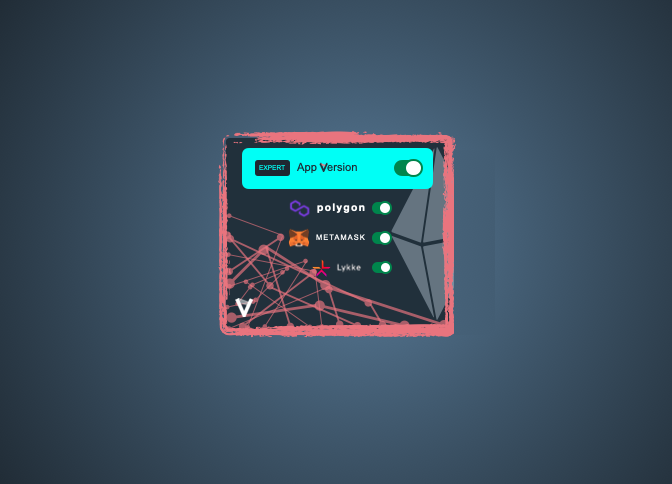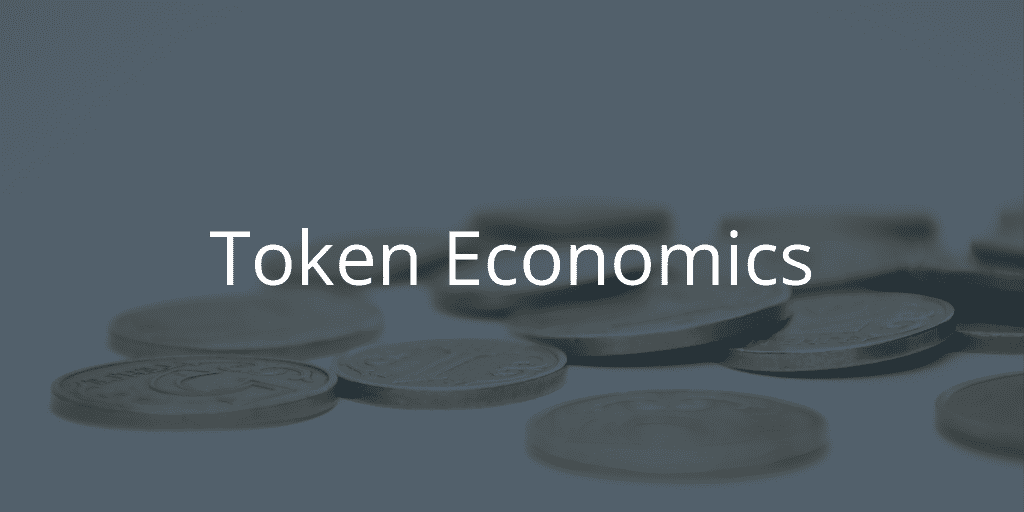Do you occasionally use social media or a smartphone? Do you shop online or wear some sort of a smart device for collecting your health and activity information? Well, then there is almost 100% chance that someone is making a profit from collecting your personal data. However, while to companies user data is as valuable as gold, you have minimal or no control over it.
The Analogy of Data and Oil
A century ago, oil was a similarly valuable commodity, later supplanted by uranium, for example. Despite its rather abstract nature, there are similarities between data and the above-mentioned commodities. The more the given commodity rises in value, the more firms that have built their business on it engage in exploiting it. They often do this without regard for the surrounding environment or for what remains after it has been ravaged.
In the case of technology giants such as FANG (Facebook, Amazon, Netflix and Google/Alphabet), Apple and Microsoft, the machinery of exploitation of their users’ personal data grinds ever more forcefully. Five of the aforementioned firms have the highest market value of all the companies in the world. Amazon receives half of every dollar spent online in America; Google and Facebook get nearly all of the income derived from digital advertising. Meanwhile, Facebook alone generates quarterly profits of more than USD 4 billion (according to data for the previous year). What is striking about the business models of these companies is the fact that they rely to an enormous extent on your personal data.
The sheer size and value of the economy based on data analysis is as fascinating as it is disturbing. If we take into account that users and customers have practically no control over their data privacy as well as very limited possibilities to opt out. It is now practically impossible to avoid using Google services, for example.
Generally, most of us are unaware of everything that may comprise a data treasure trove that companies can profit from. Do you sometimes let yourself get distracted by the internet when you are at work? Do you post on social media, use a smartphone, solve CAPTCHAs, or shop and use payment cards online? All of these actions generate an enormous amount of personal data about us. Furthermore, the market value of that data is generally not matched by what the aggregator offers in exchange for it (“free” services, for example). In other words, we daily contribute to the creation of value in a rapidly growing segment of the economy without being an active part of it.
The value of personal data
It is true that data is an abstract entity and does not have value for everyone. Rather, it holds value for those who are able to analyze and subsequently use it in a meaningful way. Of course, the previously mentioned companies and their clients do not have a problem with that. But how can we determine the true value of our data? At first glance, it may seem to be a superhuman task. Users of those services are in the position of David negotiating with Goliath. But there are now ways to estimate that value and it is very likely that more will come in the future. One possible solution could be to put data on the open market.
What could be the solution?
The concept of self-sovereign decentralized identity based on blockchain, which VETRI is building, is an attempt to do just that. VETRI provides a platform that allows you to download and store your online personal data as well as identity information. You decide to whom and in what scope you grant access to your anonymized digital data and how much you are willing to accept in return for it.
In its full scope, a blockchain-based self-sovereign identity can contain similar information to the documents that we ordinarily carry in our wallets (driving license, identification card, passport, health-insurance card). Therefore, it could eventually serve a similar purpose (more or less universal authorisation when dealing with firms and institutions), though it is far less susceptible to misuse.
Unlike with the documents in your wallet, you will not find legible sensitive information in a blockchain. Rather, you will find an attestation of one’s identity claims by a third party. Together with the interconnected market, it creates a trustworthy framework for point-to-point exchange of personal data. This includes information about your preferences linked to a verified identity, and gives control of identity and user data back to their owners. In a decentralized manner, the platform connects identity and data owners with their “consumers” in the form of service providers, brands, researchers and advertisers.




